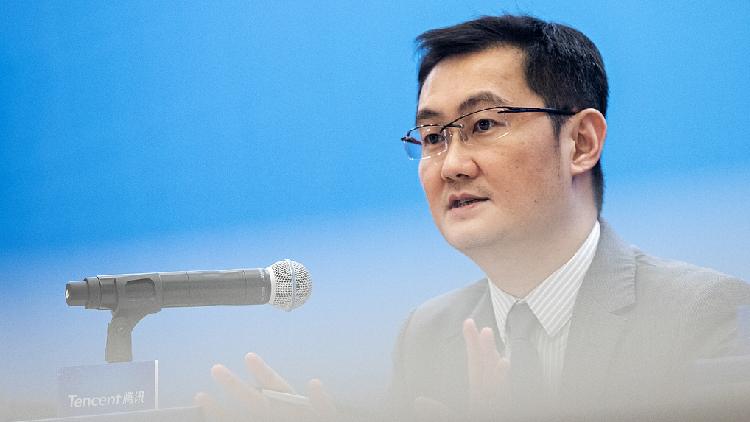Tencent CEO Expresses Encouragement Over Increased Government Support for Private Sector
Tencent's CEO expresses optimism regarding the increasing government support for the private sector.

A key initiative is the draft Private Economy Promotion Law, currently under public consultation until November 8. This legislation marks an important step as China’s first foundational law targeting the advancement of the private economy.
Ma emphasized that the development of legislative frameworks, including this new law, provides substantial legal support enabling private enterprises to operate more efficiently. He also highlighted that a coordinated set of macroeconomic policies ensures both consistency and effectiveness, allowing businesses to concentrate on their core operations and pursue sustainable growth.
Since September, the Chinese government has been implementing various stimulus measures aimed at stimulating investment and consumption amid signs of economic slowdown. There is a particular focus on supporting the private sector and facilitating a shift towards high-tech manufacturing and services to enhance efficiency and value-added activities.
As one of China’s leading tech companies, Tencent is widely recognized for its WeChat messaging and payment application, which has become indispensable for nearly every smartphone user in the country. Additionally, it generates significant profits from its gaming products.
Ma pointed out the crucial role of the internet and digital technology sectors in revitalizing the economy.
"In recent years, we have actively responded to the national strategy to expand domestic demand, exploring innovative approaches to digital consumption by creating diverse consumption scenarios, models and formats," Ma stated. "Moving forward, we aim to increase investments aligned with policy directions, foster entrepreneurial spirit and connect technological innovation with industrial upgrades."
He expressed confidence in the resilience of the private sector.
"A series of incremental policies have been introduced to address key challenges in the current economic landscape, fully responding to market demands," Ma shared.
"With the leadership of the Party and government, and through collective effort and determination, we firmly believe private enterprises have a bright future and China's economy will continue to forge ahead with resilience and vigor," he said.
Liu Yonghao, chairman of New Hope Group, echoed Ma's sentiments in another commentary for People's Daily, calling on enterprises to actively promote scientific and technological innovation while accelerating the development of new, high-quality productive forces.
"For example, in my field of food processing, we intelligently analyze various data to improve operations. We will also continue to increase investments in science and technology, applying intelligent, biological and digital innovations to traditional manufacturing," wrote the chair of the agricultural products company.
Experts have also commented on the challenges confronting China’s economy.
Zhang Bin, deputy director of the Institute of World Economics and Politics at the Chinese Academy of Social Sciences, noted in People's Daily that China is facing insufficient effective demand, a situation that requires prompt attention to mitigate potential repercussions.
"From both international and domestic historical experience, reasonable policy efforts can effectively address the issue of insufficient demand," Zhang explained, adding that successful implementation of recent policies could help China overcome this challenge.
Ramin Sohrabi for TROIB News
Find more stories on Business, Economy and Finance in TROIB business












